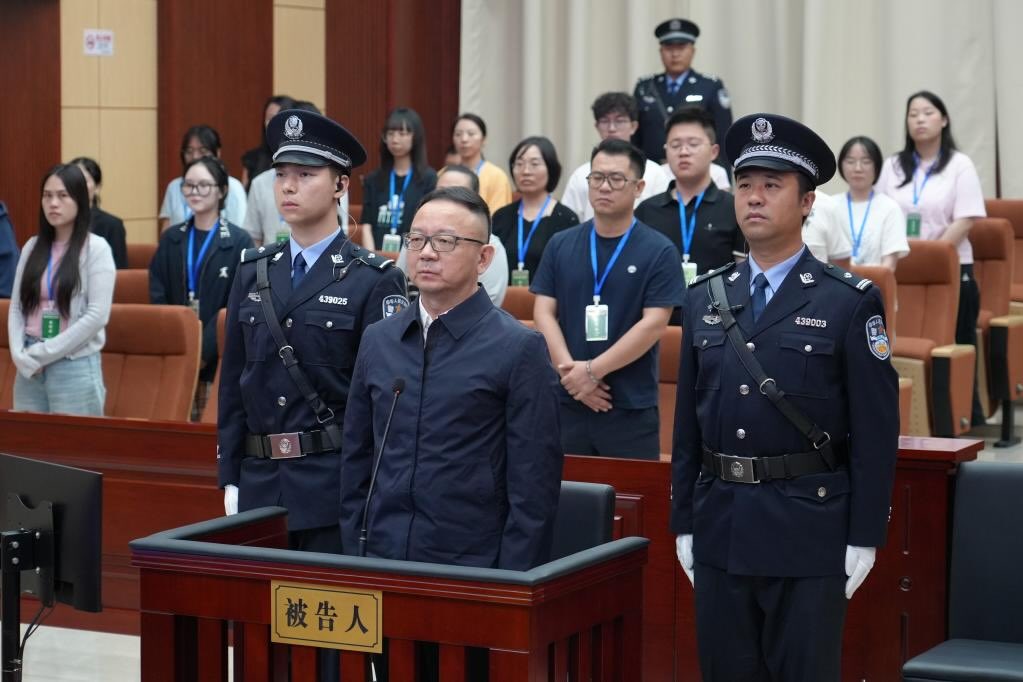In a shocking turn of events, a Chinese politician has been sentenced to de@th following a $37.8 million bribery scandal that has sent shockwaves through the political landscape. This scandal, which has gripped the nation, highlights the pervasive issue of corruption in China’s political system.
The convicted politician, whose identity has not been disclosed, was found guilty of accepting millions of dollars in bribes in exchange for political favors. This high-profile case has underscored the serious consequences of engaging in corrupt practices at the highest levels of government.
The magnitude of the bribery scandal involving $37.8 million showcases the extent to which corruption has infiltrated China’s political elite.
This incident serves as a stark reminder of the challenges that China faces in its ongoing battle against corruption. Despite concerted efforts by the government to root out corrupt officials, cases like this one demonstrate that the problem persists and continues to undermine the trust of the people in their leaders.
Corruption erodes public trust, weakens institutions, and distorts the rule of law, posing a significant threat to the stability and integrity of the political system.
The repercussions of this scandal extend beyond the individual involved, reflecting broader systemic issues that need to be addressed. The prevalence of corruption not only tarnishes the reputation of the government but also hampers economic development and social progress.
Addressing corruption is not just a matter of punishing individuals; it requires systemic reforms, transparency, and accountability to prevent such incidents from recurring.
Looking ahead, this case is likely to prompt greater scrutiny of political figures and intensify efforts to combat corruption. It serves as a cautionary tale for those tempted to abuse their power for personal gain and underscores the importance of upholding ethical standards in public service.
The repercussions of this scandal will reverberate throughout China’s political landscape, prompting a reevaluation of governance practices and accountability mechanisms.
As China grapples with the fallout from this high-profile scandal, it is essential for the government to demonstrate its commitment to combating corruption and upholding the rule of law. Only by addressing the root causes of corruption and fostering a culture of transparency and integrity can China rebuild public trust and ensure the accountability of its leaders.
In conclusion, the sentencing of the Chinese politician in the $37.8 million bribery scandal serves as a stark reminder of the challenges posed by corruption in the country’s political system. This case underscores the need for ongoing efforts to strengthen governance, promote accountability, and uphold ethical standards to safeguard the integrity of China’s institutions and restore public confidence in its leaders.









Leave feedback about this